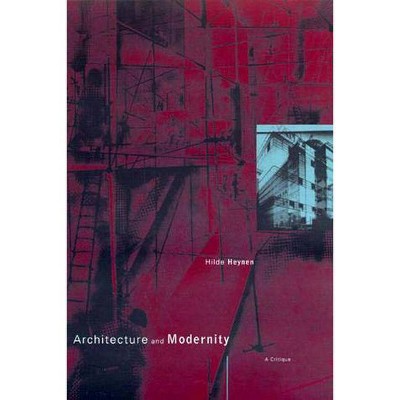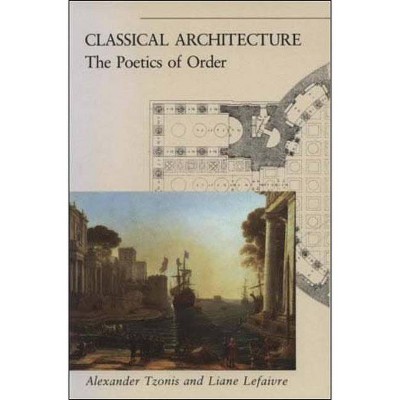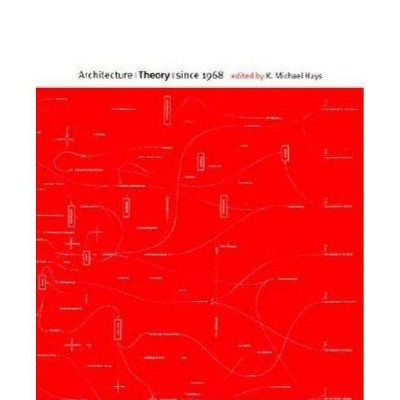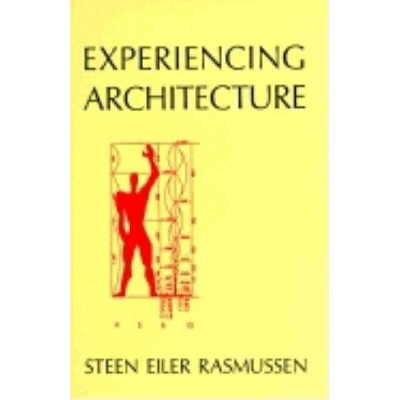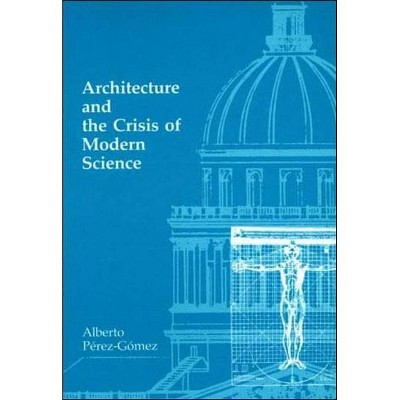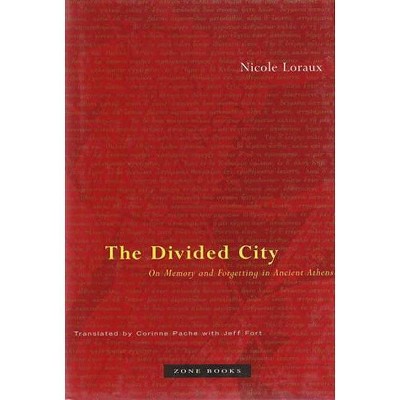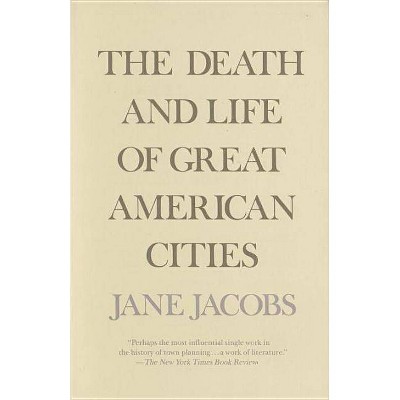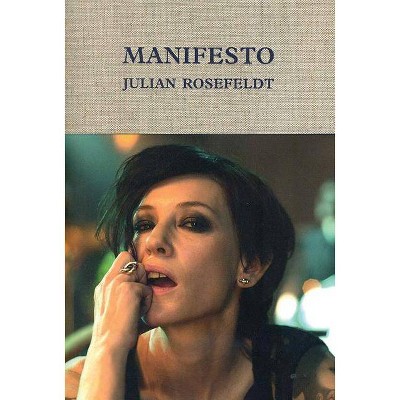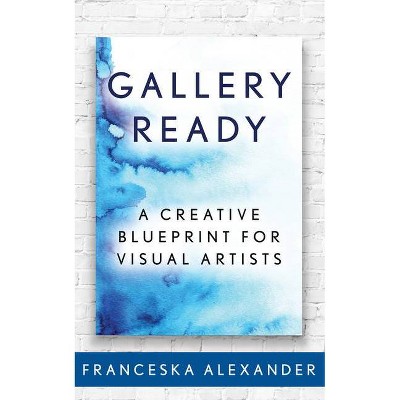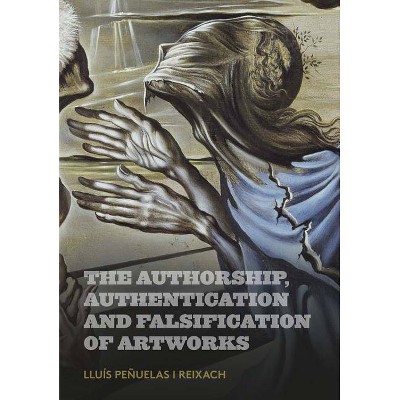Architecture Depends - (Mit Press) by Jeremy Till (Paperback)

Similar Products
Products of same category from the store
AllProduct info
<p/><br></br><p><b> About the Book </b></p></br></br>Polemics and reflections on how to bridge the gap between what architecture actually is and what architects want it to be.<p/><br></br><p><b> Book Synopsis </b></p></br></br><b>Polemics and reflections on how to bridge the gap between what architecture actually is and what architects want it to be.</b><p>Architecture depends--on what? On people, time, politics, ethics, mess: the real world. Architecture, Jeremy Till argues with conviction in this engaging, sometimes pugnacious book, cannot help itself; it is dependent for its very existence on things outside itself. Despite the claims of autonomy, purity, and control that architects like to make about their practice, architecture is buffeted by uncertainty and contingency. Circumstances invariably intervene to upset the architect's best-laid plans--at every stage in the process, from design through construction to occupancy. Architects, however, tend to deny this, fearing contingency and preferring to pursue perfection. With <i>Architecture Depends</i>, architect and critic Jeremy Till offers a proposal for rescuing architects from themselves: a way to bridge the gap between what architecture actually is and what architects want it to be. Mixing anecdote, design, social theory, and personal experience, Till's writing is always accessible, moving freely between high and low registers, much like his suggestions for architecture itself.</p><p/><br></br><p><b> Review Quotes </b></p></br></br><br>Boldly and elegantly, <i>Architecture Depends</i> asserts that architecture is absolutely dependent upon the 'contingent', difficult and perverse factors that architects have long tried to ignore in an effort to be pure, self-important and professional...What Till's book achieves is to set out with great clarity the territory in which the debate around future action must take place.--<b>Robert Mull </b>, <i>Architects' Journal</i>--<br><p><i>Architecture Depends</i> is an attempt to save the profession from itself and a manifesto for an architecture that acknowledges its relationship with the world and its duty to others...This is a brave, enjoyable, affirming and important book and I actually felt sad to have finished it.</p>--<b>Flora Samuel</b>, <i>Times Higher Education (Book of the Week)</i>--<br><p>The book performs a wonderful contextualizing function, making architectural intervention, from idea to event, depend on the wide range of human habits and spheres of influence that we normally sum up as 'the world'.</p>--<b>Lucas Freeman</b>, <i>Scapegoat</i>--<br><p>Thought-provoking and important...<i>Architecture Depends</i> raises the question of the relationship of architecture and life to a new level.</p>--<b>Anni Vartola</b>, <i>Arkkitehti (Finland)</i>--<br><p>Till's book is about the world he knows and how one conveys ideas behind architecture. It is a superbly written, frequently fascinating set of arguments that will support architects who wish to use the messy stuff of life for their own advantage.</p>--<b>Tim Abrahams </b>, <i>Blueprint</i>--<br><p/><br></br><p><b> About the Author </b></p></br></br><p>Jeremy Till is Dean of Architecture and Built Environment at the University of Westminster and a partner at Sarah Wigglesworth Architects. Their projects include the pioneering 9 Stock Orchard Street (The Strawbale House and Quilted Office), winner of multiple awards. He represented Britain at the 2006 Venice Architecture Biennale.</p>
Price History
Price Archive shows prices from various stores, lets you see history and find the cheapest. There is no actual sale on the website. For all support, inquiry and suggestion messages communication@pricearchive.us
